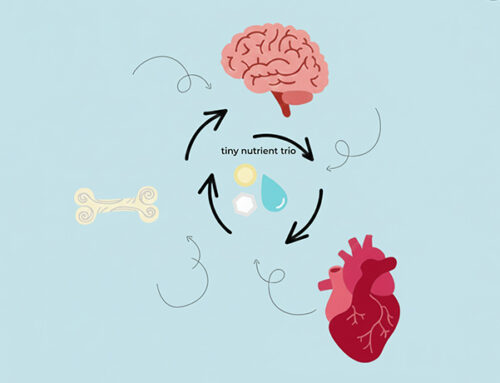A damaged gut can lead to an autoimmune condition. It can ignite chronic inflammation and impact overall immune function, resulting in the body attacking its own healthy cells.
The gut microbiome is so complex, it is sometimes referred to as a “second brain.” And while there are many factors that can disrupt its delicate balance, digestive issues can often be traced to harmful inflammation within the digestive tract.
The gut microbiota and its metabolites may regulate the host inflammatory conditions. Numerous studies have linked the gut microbiota to inflammatory diseases. Research has demonstrated that the immune-mediated inflammatory diseases, such as Crohn’s disease (CD), ulcerative colitis (UC), multiple sclerosis (MS), and rheumatoid arthritis (RA), change the composition of the gut microbiota. In addition, there are abundant reports highlighting the gut microbiota role in the pathogenesis of the inflammatory diseases such as asthma, type 1 and type 2 diabetes mellitus (DM), and obesity.





